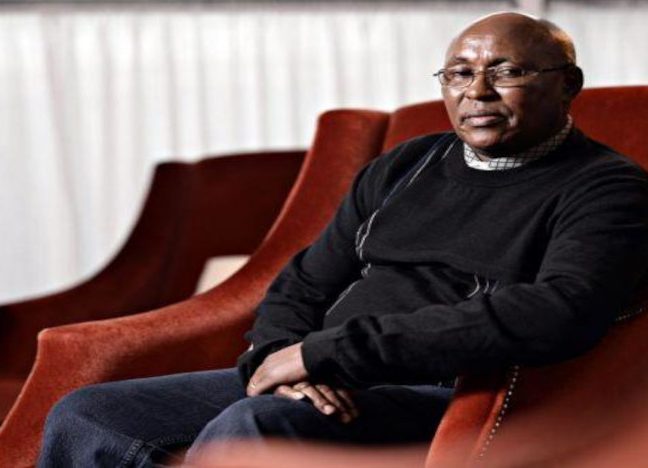
SAFA Outlines Action Plan
July 31, 2020
The Great Sacrifice (Part Two)
August 2, 2020By Satish Sekar © Satish Sekar (July 31st 2020)
Appreciation
“I need to pass my humble acknowledgement to Filbert Bayi for what he has done for South Africa,” Mamelodi Sundowns coach Pitso Mosimane said in his appreciation of Bayi.
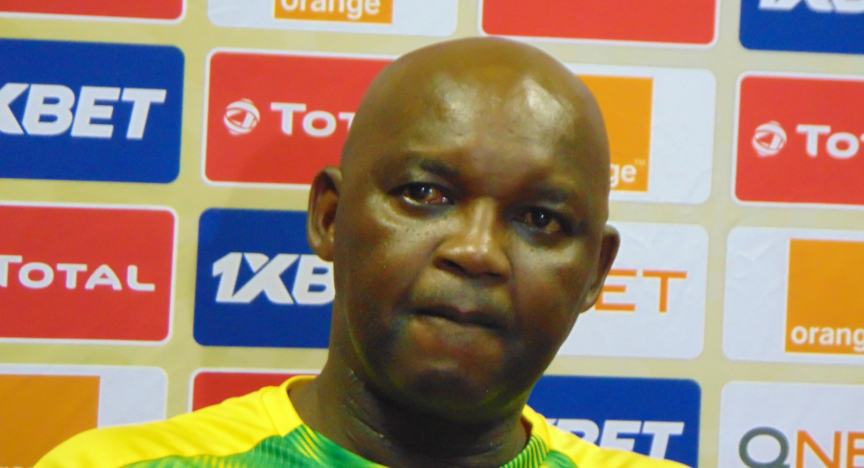
“For him to sacrifice to go to the Olympics while he was the current World Record holder and did that on behalf of the support of South Africa to be changed to where it is and his contribution and his message make so much contribution.
“Look at the country we have at the moment – everything has changed and it’s through messages and sacrifices like people like him to sacrifice … and a lot of the world has also done that, but we don’t forget our African brother, our Tanzanian brother for the support that he’s given. We still salute.”
So, what is he talking about?
The Greatest Final that Never Took Place
Filbert Bayi is without doubt the greatest athlete Tanzania ever produced. He was their best hope of an Olympic gold medal in 1976. Why? Two years earlier Bayi stunned the athletics world, not because he won, but the manner of his win.
He not only won gold in the Commonwealth Games in the backyard of his greatest rival, New Zealand’s John Walker, but did it leading from start to finish and shaving a second from.
Bayi and John Walker broke the previous World Record in that 1500m.
That race also produced the fourth, fifth and seventh fastest times in the history of 1500m running.
The late great Kenyan athlete, Ben Jipcho – the athlete of those Commonwealth Games as he won gold in the 3000m steeplechase and 5000m – was only denied the third best time by the previous World Record of the USA’s Jim Ryun.
There was far more to Jipcho – an athlete whose achievements deserve to be appreciated far and wide. Christchurch’s Comonwealth Games establish how special he was, but it was the race he did not win that was talked about most, and the young Tanzanian, Bayi, with the world at his feet.
Naturally, that Commonwealth Games 1500m final left the athletics world anticipating one of the greatest Olympic contests of all time – Bayi versus Walker. Montreal’s 1500m would be mouth-watering – it should have been the best 1500m race of all time.
The Sad Reality
Forty-four years ago today an Olympic 1500m Final – an all-white race, which was astonishing even then – elicited very different memories for the men who should have made it one of the greatest races ever.
Two years earlier a 20-year-old Bayi had announced his arrival on the international stage in style. The Olympic Games of Montreal should or at least could have been the crowning moment of Bayi’s illustrious career.
But politics and human rights intervened.
“I have mixed feelings about it,” Bayi told me. Like many he was disgusted by the events of June 16th 1976 in Soweto, especially the slaughter of children. He wanted to help. He had trained hard. He was one of, if not the top athlete at his distance in the world.
The unsporting behaviour of New Zealand’s All Blacks Rugby team disgusted Bayi too. The shameful tour began just a fortnight after the slaughter in Soweto. Africa was united in rage and disgust for South Africa’s black majority, especially its children.
Tanzania’s Champion
It was not only his best chance of Olympic gold, but his country’s too. Tanzania has never won an Olympic gold medal.
And it was Tanzania that led the boycott of Montreal’s Olympic Games, costing both the nation and Bayi their best chance of Olympic gold.
Four years later another boycott worked in Bayi’s favour – this one had nothing to do with sport. It was a protest against the invasion of Afghanistan led by the USA and supported by its political allies. It clearly breached the Olympic spirit.
Bayi won silver in the 3000m – he was still a great athlete, but not the athlete he was in the mid-1970s. The late Bronislaw Malinowski pipped Bayi at the finish to take gold for Poland in the 3000m steeplechase in 1980. He was a worthy winner as he had taken the silver medal in the same event four years earlier.
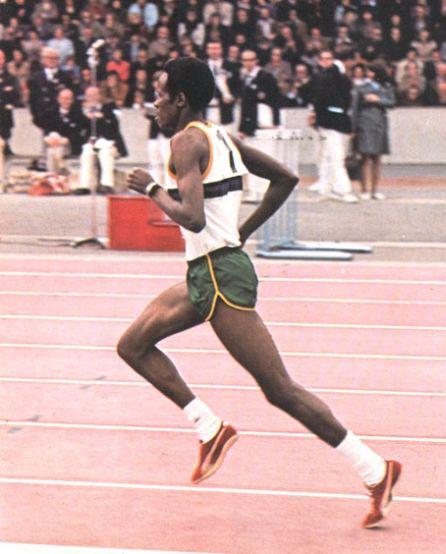
A year before his magnificent triumph in the 1500m in Christchurch’s Commonwealth Games, Bayi gave Africa notice of his immense talent. He won the 1500m at Lagos’ All-Africa Games by more than two seconds – Kenyan great Kipchoge Keino won silver.
In 1975 he broke Jim Ryun’s World Record for the mile, although Walker broke his mark within weeks, becoming the first to dip under 3 minutes 50 seconds.
Nevertheless, Bayi posed a big threat to Walker, as did other African athletes. Bayi retained his All-Africa title in Algiers five years later, beating Kenya’s Wilson Waigwa into second place.
Former World 400m hurdles champion (1991) and 1996 Olympics silver medallist Zambia’s greatest athlete, Samuel Matete, acknowledges Bayi’s great contribution.
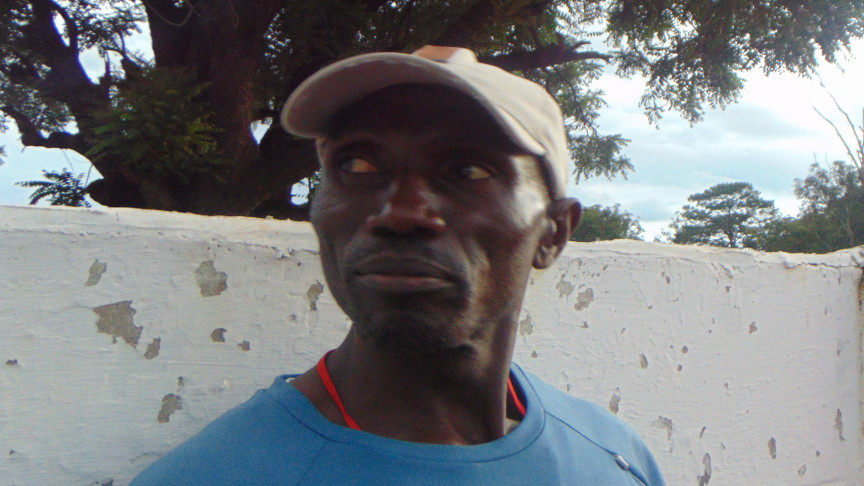
“Filbert Bayi inspired all of us in Africa for what he did in track and field,” Matete said.
“He sacrificed for his country, Tanzania, to be one of the best Africa has ever produced in the Mile and 1500m.”
Matete also highlighted the price Bayi paid in 1976.
“The boycott was done in good faith by member countries,” he said.
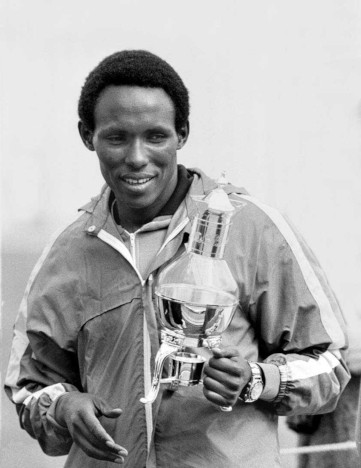
“Definitely, this denied an opportunity for Bayi to collect another medal.”
Sadly, for two of the world’s outstanding athletes at the time, neither Bayi nor Walker will ever know which of them would have become Olympic champion if they had been allowed to race each other on July 31st 1976 for the greatest prize in their sport.
Bayi could not bear to watch the race. When he saw the winning time, he knew that should have been his race.

